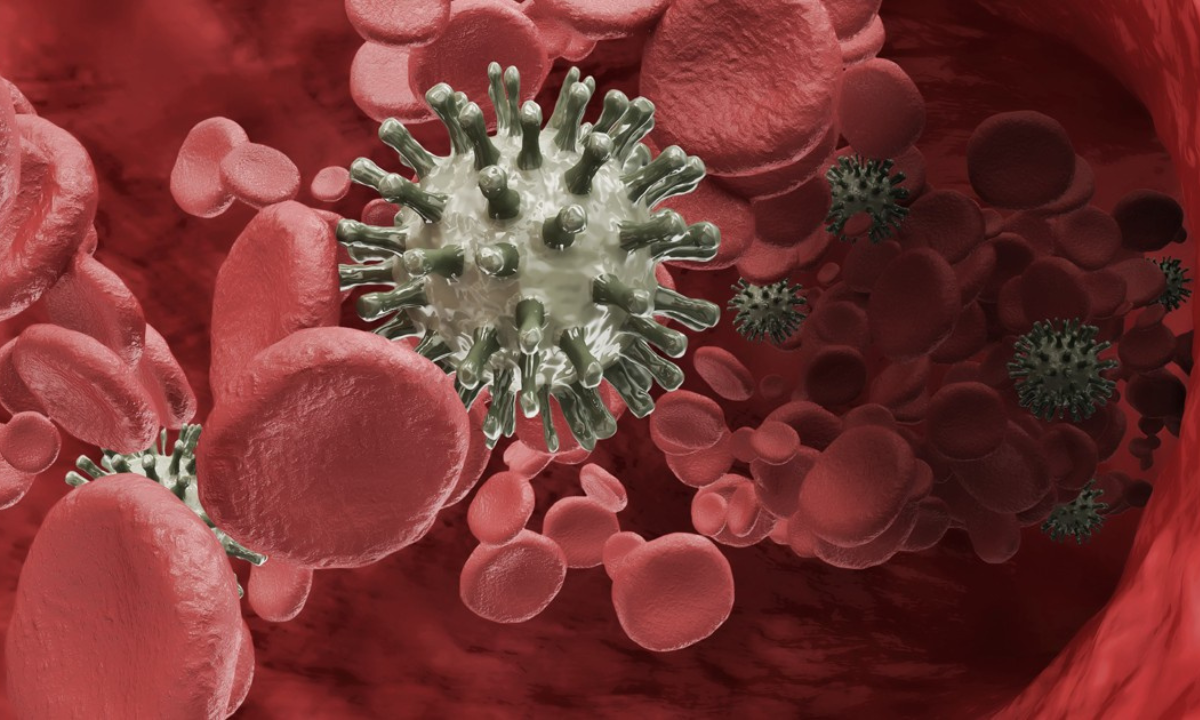What is the Difference Between Leukemia, Lymphoma, and Myeloma

When we hear the term blood cancer, it can sound frightening — and understandably so. But what many people don’t realize is that blood cancer isn’t a single illness. It’s an umbrella term that includes several diseases affecting the blood, bone marrow, and lymphatic system.
The three most common types are Leukemia, Lymphoma, and Myeloma. Though they may seem similar, each one starts in a different part of the body and behaves in its own way.
According to the Indian Council of Medical Research (ICMR), India reports nearly 70,000 to 80,000 new blood cancer cases every year, and many of them can be managed effectively when detected early. Understanding these conditions helps remove the fear around them — and more importantly, helps people seek timely care.
Leukemia – When Blood Cells Turn Against the Body
Leukemia begins in the bone marrow, the soft tissue where blood cells are made. In this disease, the bone marrow starts producing abnormal white blood cells in large numbers. These cells don’t work as they should, and they push out healthy blood cells, leading to tiredness, frequent infections, fever, and sometimes easy bruising or bleeding.
Leukemia can grow quickly (acute) or develop slowly (chronic). Diagnosis often involves blood tests and bone marrow evaluation. At KKR Hospital, our specialists use advanced testing to understand the exact type of leukemia before planning treatment. Chemotherapy, targeted medicines, and sometimes stem cell transplantation form the core of therapy — each plan designed to suit the patient’s age, stage, and overall health.
Lymphoma – Cancer of the Body’s Immune Network
Lymphoma affects the lymphatic system, the body’s natural defense network that helps fight infections. It starts when certain white blood cells, called lymphocytes, grow out of control. These abnormal cells often collect in the lymph nodes — the small, bean-shaped glands in the neck, chest, or underarms — and cause them to swell.
Patients may notice a painless lump, night sweats, unexplained weight loss, or a lingering feeling of fatigue. There are two broad types: Hodgkin’s and Non-Hodgkin’s lymphoma.
The good news is that many forms of lymphoma respond well to treatment, especially when caught early. At KKR Hospital, diagnosis is done through imaging and biopsy, followed by a combination of chemotherapy, immunotherapy, or radiation as needed.
Myeloma – When Plasma Cells Go Rogue
Myeloma, often called multiple myeloma, starts in the plasma cells of the bone marrow — the cells that help fight infection by making antibodies. When these cells become cancerous, they release abnormal proteins that can weaken bones, damage kidneys, and affect the immune system.
Common symptoms include bone pain, frequent infections, fatigue, and in some cases, anemia or kidney trouble.
While myeloma usually progresses slowly, modern treatment can control the disease and improve quality of life. Patients at KKR Hospital receive individualized treatment plans that may include chemotherapy, targeted therapy, or stem cell transplant, depending on their stage and health condition.
In Simple Terms
Leukemia begins in the blood and bone marrow,
Lymphoma starts in the lymphatic system,
And Myeloma develops in the plasma cells of the bone marrow.
All three are serious, but they’re also increasingly treatable when found early and handled by the right specialists.
Conclusion
Blood cancers are complex, but with today’s medical progress, they’re far from hopeless. Awareness, timely diagnosis, and personalized treatment can change the story entirely.
If you or someone you care for has been noticing unexplained fatigue, lumps, or persistent infections, don’t delay a check-up.
At KKR Hospital, Chennai, our team of oncologists and hematologists combine expertise with empathy — guiding every patient through diagnosis, treatment, and recovery with care that feels personal, not clinical.
